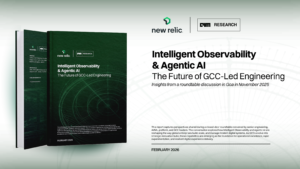Elsevier, a global leader in scientific information and analytics, has announced the launch of Scopus AI, a new generative AI product designed to assist researchers and institutions in obtaining fast, accurate summaries and insights for enhancing research collaboration and societal impact.
Developed in collaboration with the research community, Scopus AI leverages the world’s largest database of curated scientific literature, encompassing over 27,000 academic journals from more than 7,000 publishers. With over 1.8 billion citations and 17 million author profiles, Scopus AI is rooted in trusted content and validated by an independent board of distinguished scientists and librarians across major scientific disciplines.
Maxim Khan, SVP of Analytics Products and Data Platform at Elsevier, expressed gratitude to the students, researchers, and customers who played a pivotal role in developing Scopus AI. “Scopus AI is built on trusted knowledge and data that will help accelerate understanding of new research topics, provide deeper research insights, and identify relevant research and experts in a particular field,” Khan stated.
Elisenda Aguilera, a researcher at Pompeu Fabra University in Spain, who participated in Scopus AI testing, praised the platform for its intuitive interface and agility in literature review processes. “It is a valuable tool for literature reviews, construction of theoretical frameworks, and verification of relationships between variables,” Aguilera noted.
Scopus AI’s key features include expanded and enhanced summaries, identification of foundational and influential papers, and an academic expert search function. These features are designed to provide rapid overviews of key topics, highlight seminal works, and identify leading experts, all while minimizing the risk of AI-generated misinformation.
Now available globally for Scopus customers, Scopus AI represents Elsevier’s commitment to using AI and machine learning technologies in conjunction with peer-reviewed content and sophisticated analytics. This initiative aligns with Elsevier’s Responsible AI Principles and Privacy Principles, emphasizing customer experience, data privacy, and integrity.






